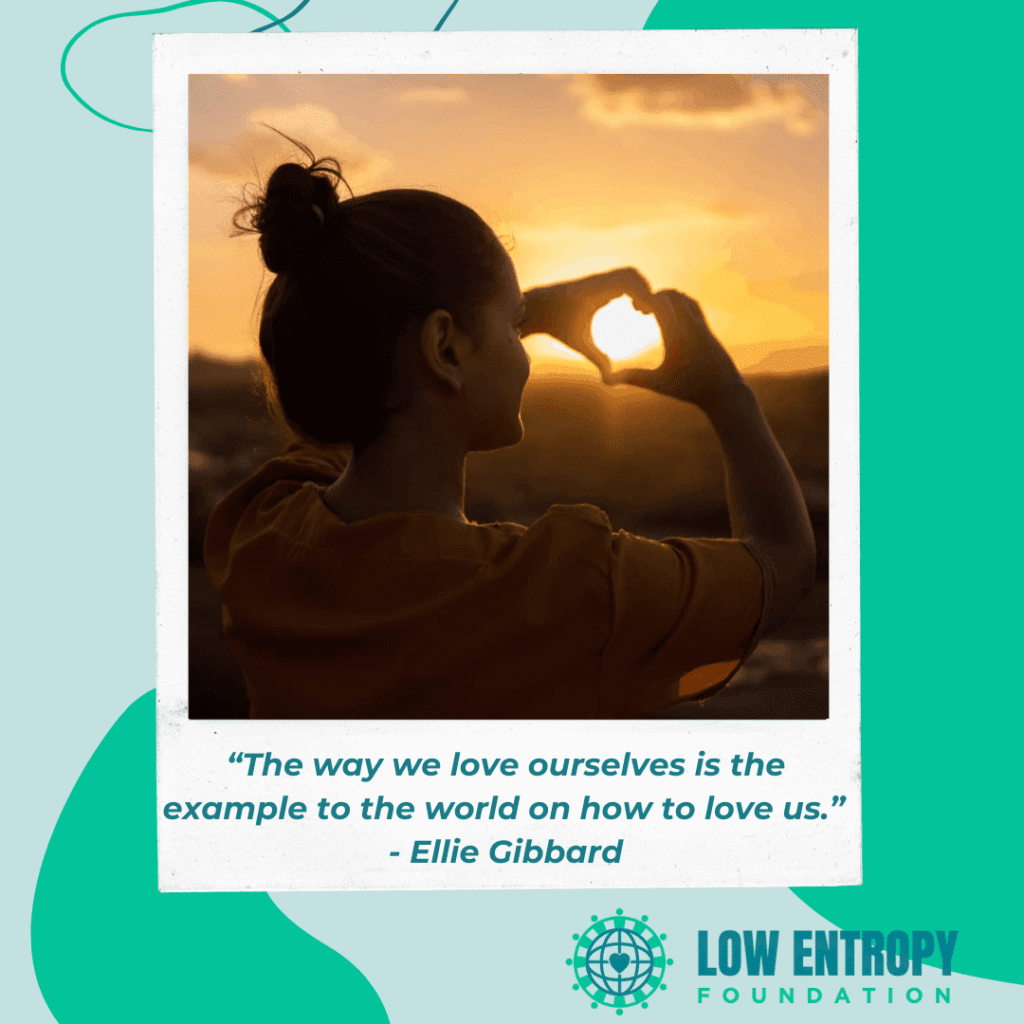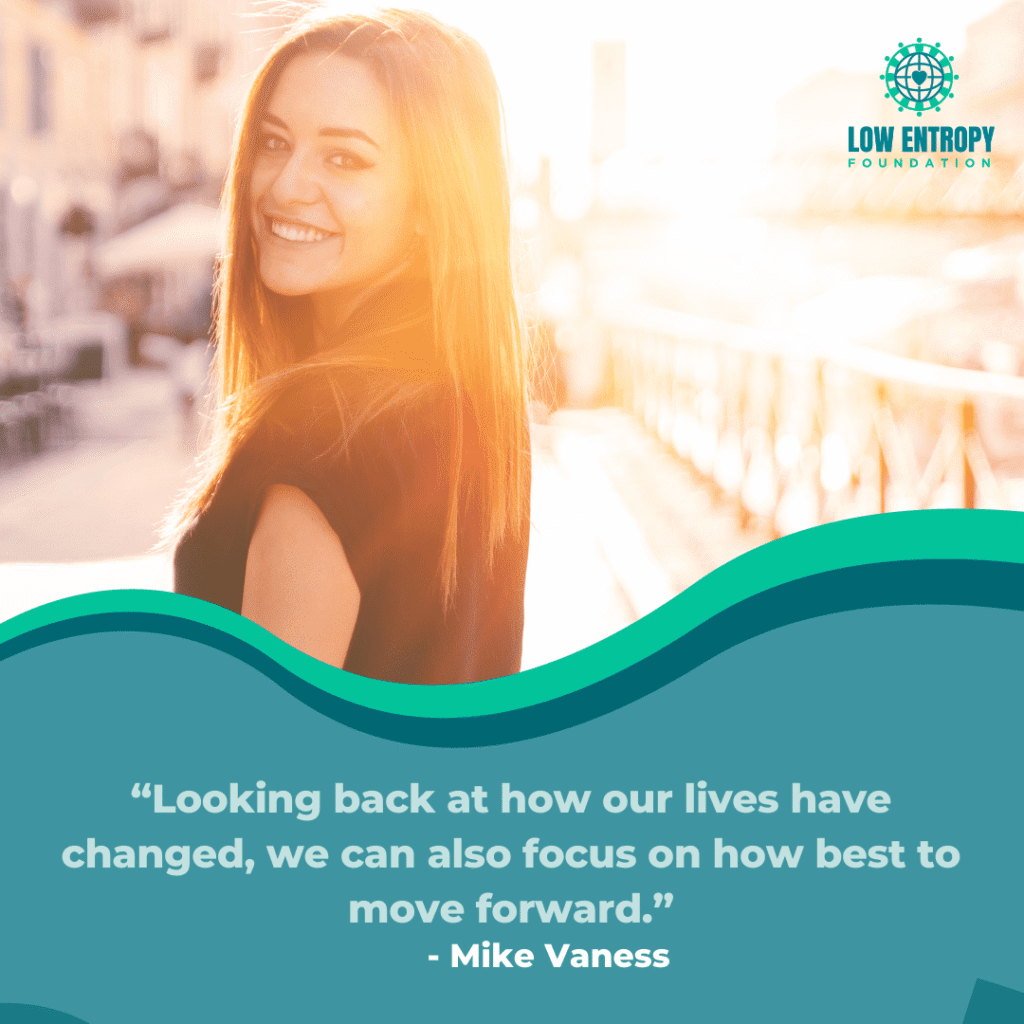Bright Spots in Horrible Days
Ananya Rajkumar (she/her/hers), Low Entropy Volunteer Writer I have always been a very anxious person. It doesn’t exactly help that university life is very stressful and that for the last two years, everyone has been trying to survive a pandemic. Many people struggled with their mental health during this time, and unfortunately I was […]
With Hindsight
Jihu Lee (she/her/hers), Low Entropy Volunteer Writer It is only normal that we cringe at our past selves. As human beings, we are not meant to live with a spotless moral slate, meaning we will never be one hundred percent satisfied with our past choices and actions. Perhaps you wish you could have treated […]
Stay-at-Home Schooling
While educational institutions adapted their curriculums to a pandemic reality, Low Entropy Volunteer Writer Jihu Lee took some valuable lessons from isolation itself. The world of education during the coronavirus pandemic has shifted impressively to compensate for the loss of conventional learning opportunities. My younger sister, Brooklyn, spent fourth grade fully online. Not surprisingly, […]
Empowerment: From the Path of Least Resistance to the Path of Most Resilience.

Low Entropy Volunteer Writer Ellie Gibbard walks us through her thoughts on empowerment and resilience, stopping by concepts of self-love, growth and confidence along the way. What is empowerment? Feeling empowered comes from finding the ability to be the best and healthiest version of ourselves. It comes from knowledge, confidence and resilience. To […]
Gusto in a Dangerous Time

As we round the corner on the first month of a new, hopeful year, Low Entropy Volunteer Writer Mike Vaness pauses to reflect on what still might be salvaged from the flaming wreckage of 2020. It would be a massive understatement to say that 2020 was a tumultuous year. Our lives have changed in ways […]
